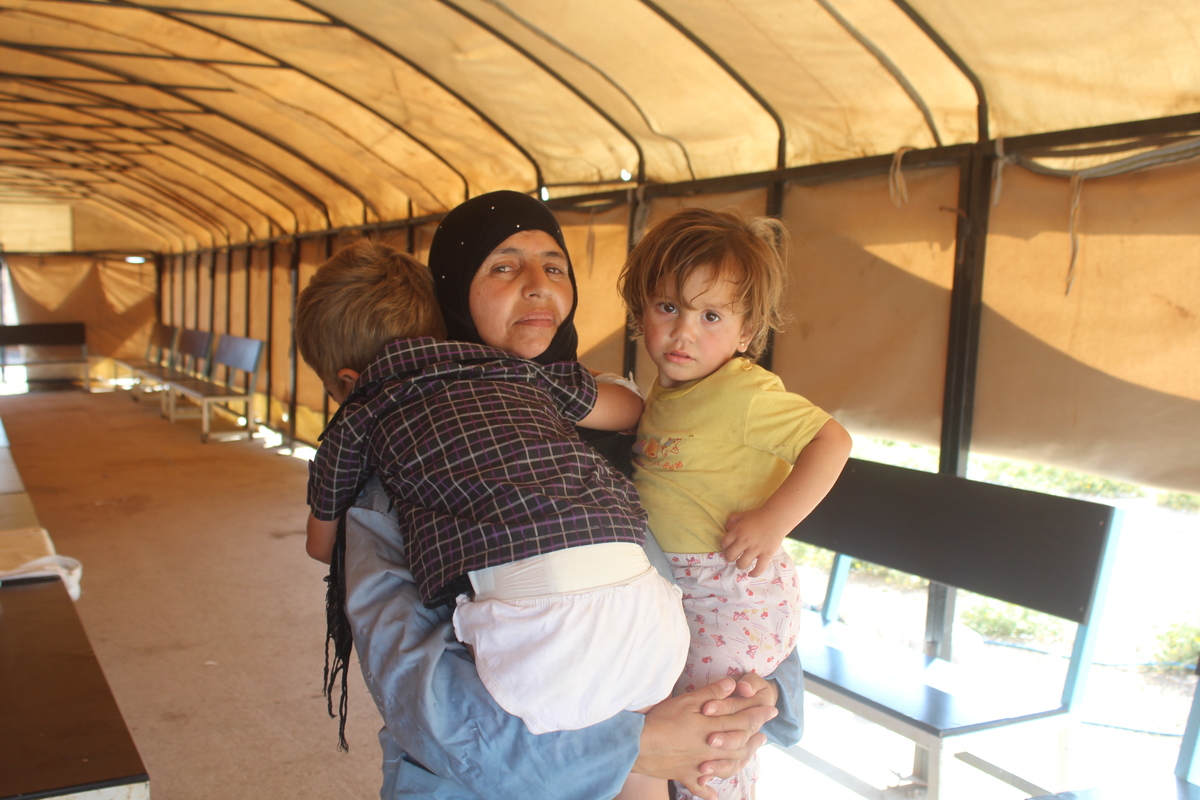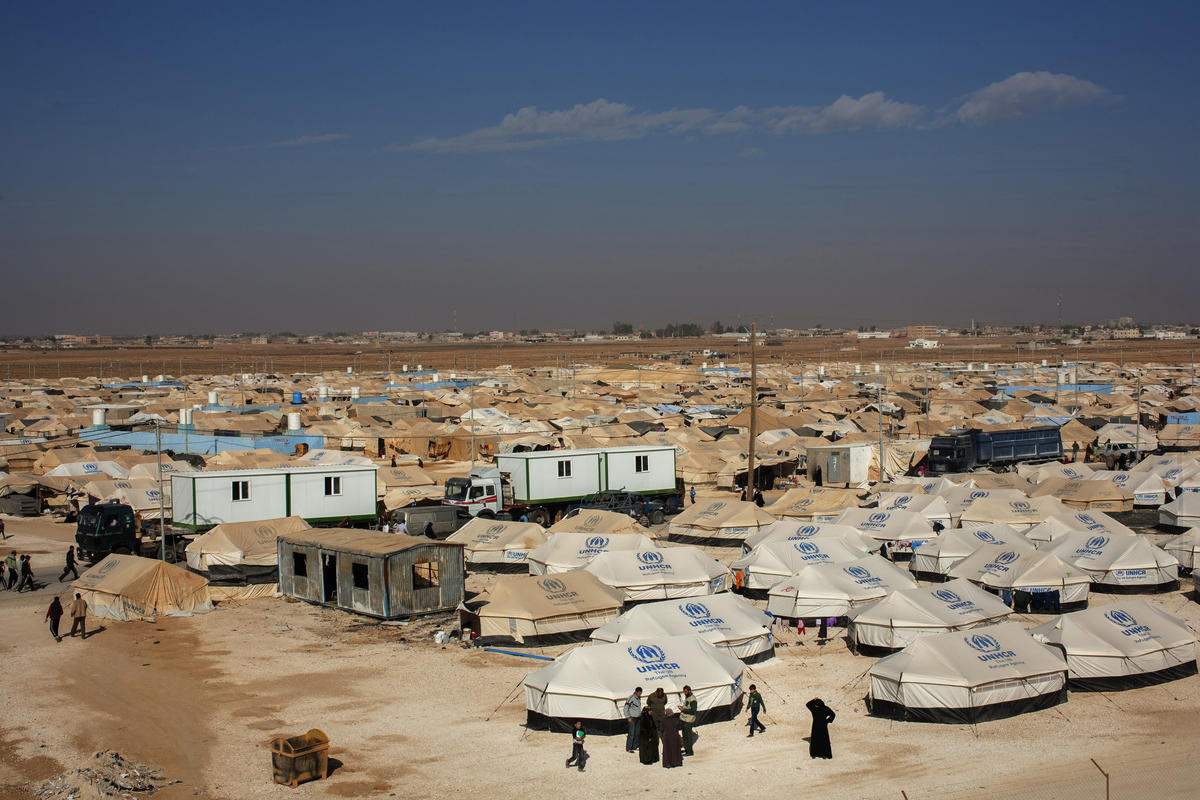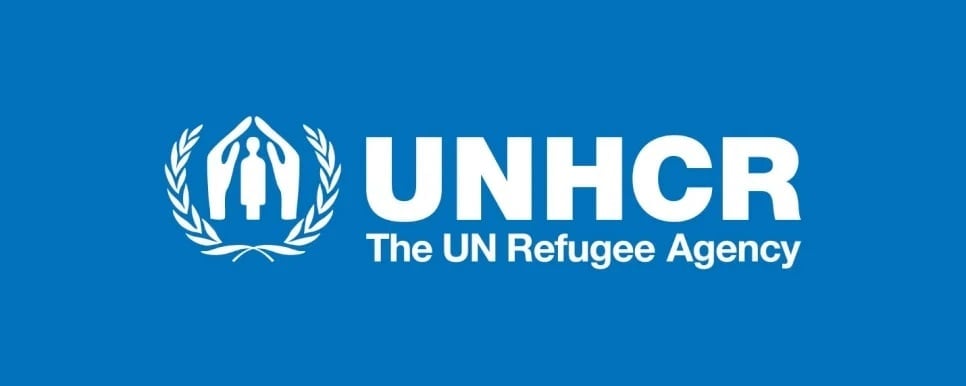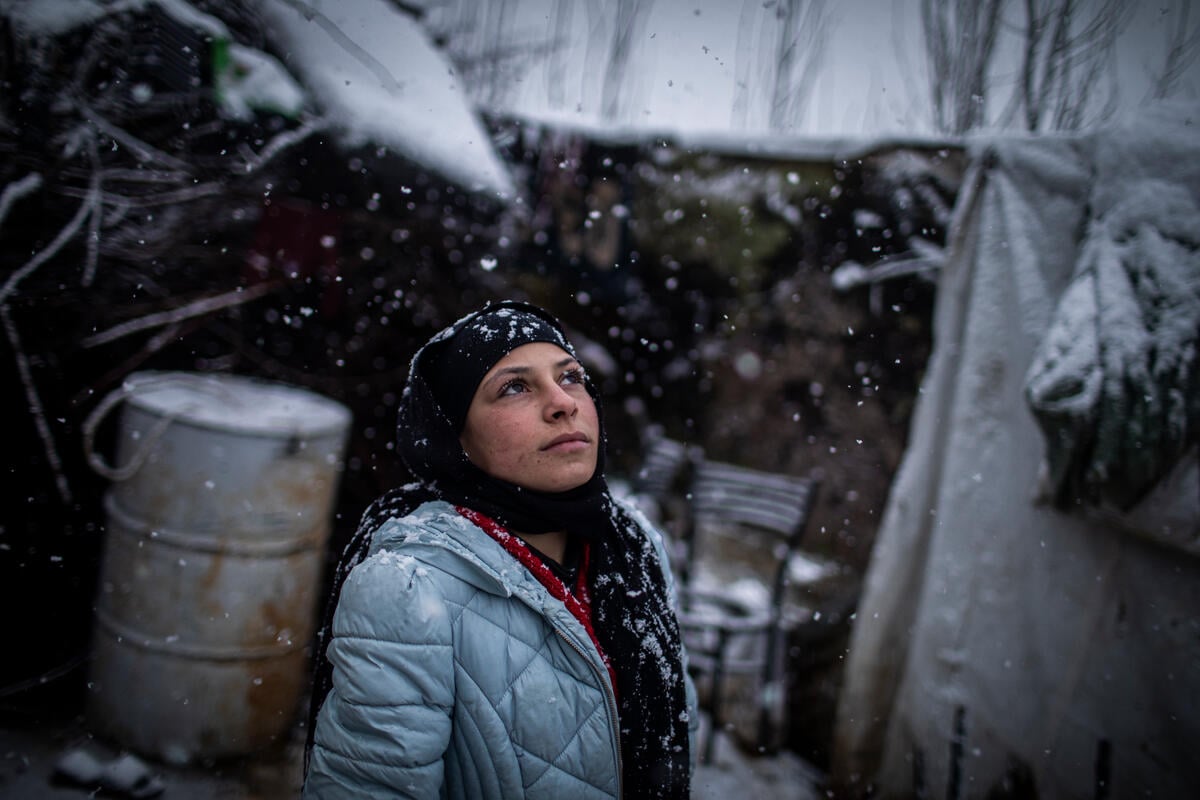UNHCR appeals for better access as thousands flee Raqqa
UNHCR appeals for better access as thousands flee Raqqa

Amid ongoing fierce fighting in and around Raqqa city, UNHCR, the UN Refugee Agency is calling for greater and sustained access so that we can reach tens of thousands of civilians who are in desperate need of humanitarian assistance.
Over 430,000 people are estimated to be in need across Ar-Raqqa governorate. In May alone, over 100,000 people have been displaced. UNHCR’s response on the ground is being closely coordinated with sister UN agencies and other humanitarian partners.
But with needs growing and displacement rising, access on the ground is challenging. Relief items are being airlifted from Damascus to Qamishli – a costly and complex undertaking. Until now, there were no viable land routes available to move supplies. With partners we continue to explore all possible supply routes and are working with the authorities to secure greater access to those in need.
Those fleeing the fighting are taking shelter in numerous locations. Many have been displaced more than once. Tens of thousands are passing through camps or transit sites and quickly moving on to other areas or returning to their places of origin. Levels of humanitarian access vary for security and logistical reasons.
In Mabrouka camp in Hassakeh, where approximately 1,700 people have taken shelter, regular access by UNHCR and other humanitarian agencies has been possible. There UNHCR is distributing relief items, erecting tents and continuing work to improve the living conditions and facilities.
In Ein Issa camp - located to the north of Raqqa city and housing approximately 9,000 people in or around the immediate vicinity of the camp – conditions are more difficult. Turnover here is high – approximately 1,000 people arrive and leave the camp every day. Nearly 20,000 people arrived at the camp in one week alone in late May – the majority quickly moving on. Humanitarian agencies including UNHCR have had sporadic access here. Ein Issa is over five hours by road from UNHCR’s office in Qamishli where our Raqqa response is coordinated from. Together with our partners we are distributing relief items and improving infrastructure at the camp to improve conditions and boost capacity to meet the needs of expected new arrivals. Tens of thousands of emergency relief items have already been delivered to both camps.
Needs in other areas housing significant numbers of people fleeing the fighting are being assessed. In Al-Iskandariyeh near Tabqa, an estimated 25, 000 people arrived in May, most have now moved on to other locations. In Al-Hamrat near Karama, an estimated 11,000 have sought shelter in a makeshift camp. And an estimated 40,000 people remain displaced in various settlements in Karama.
In the coming days and weeks, UNHCR along with our partners will continue to provide help for those in need and to step up our response where access and security conditions allow. Relief items for 50,000 people are available. Additional tents and emergency shelter kits are being moved into the area. Capacity at camps is being boosted. Humanitarian agencies are working to find the most effective ways to get assistance to those in need in what remains a conflict zone where mines and unexploded ordnance are common.
And amid credible reports of civilian deaths, we remind all parties of their obligations to abide by international humanitarian law – civilians must be protected and never become targets.
Resources are also badly-needed. Funding is not keeping up with needs on the ground. UNHCR in Syria urgently needs $37m to continue responding to fresh displacement, including the setting up of camps for 45,000 newly-displaced persons. The inter-agency Raqqa response plan which includes UNHCR and other UN agencies, has received just $29m of the $153m needed. It is vital to have access, resources and security to continue responding to this latest wave of displacement and suffering to hit already beleaguered and terrified civilians.
For more information on this topic, please contact:
- In Geneva, Andrej Mahecic, mahecic@unhcr.org, +41 79 642 97 09
- In Damascus, Firas Al-KHATEEB, khateeb@unhcr.org, +963 930 403 228
- In Amman, Scott CRAIG, craigs@unhcr.org, +962 7 9276 0640









